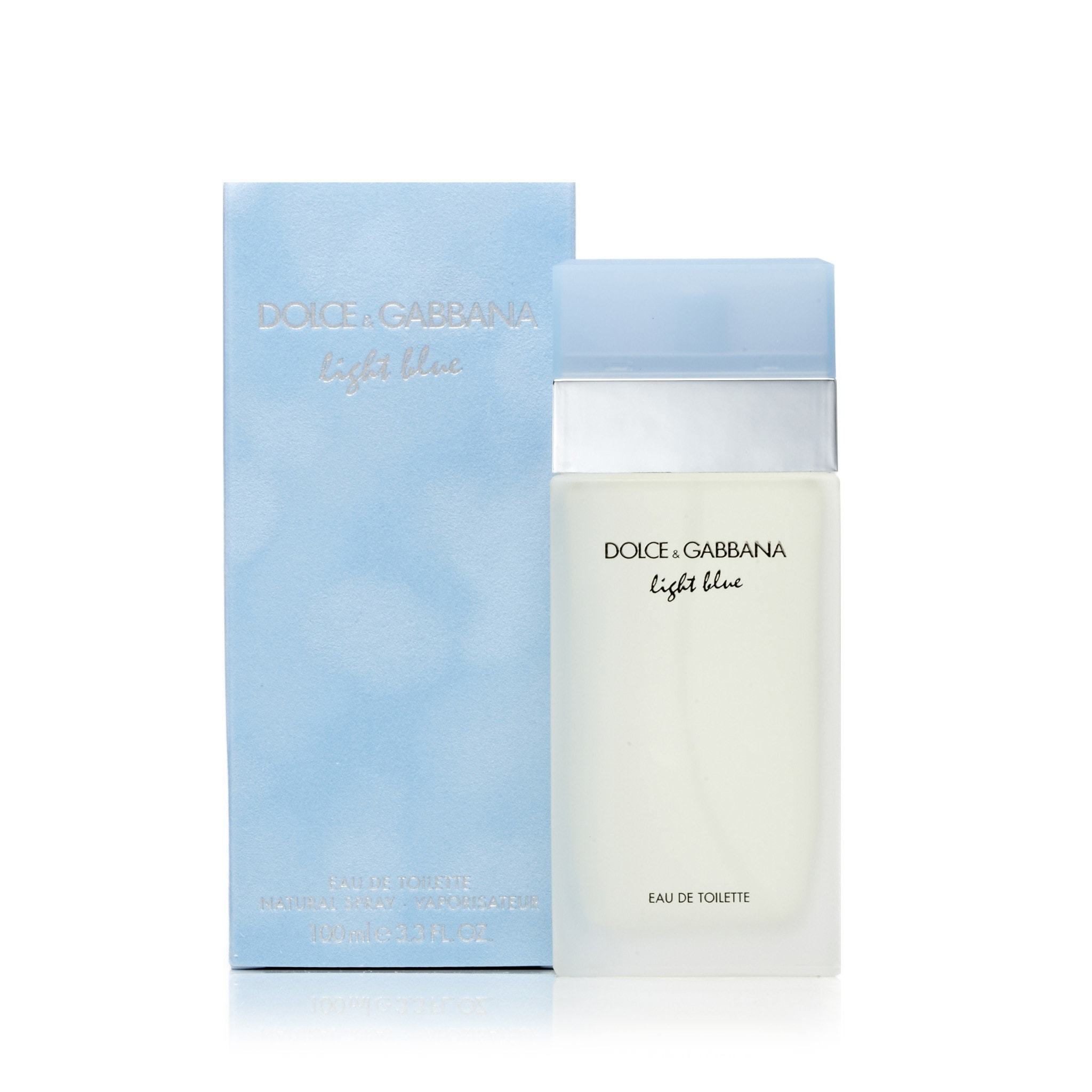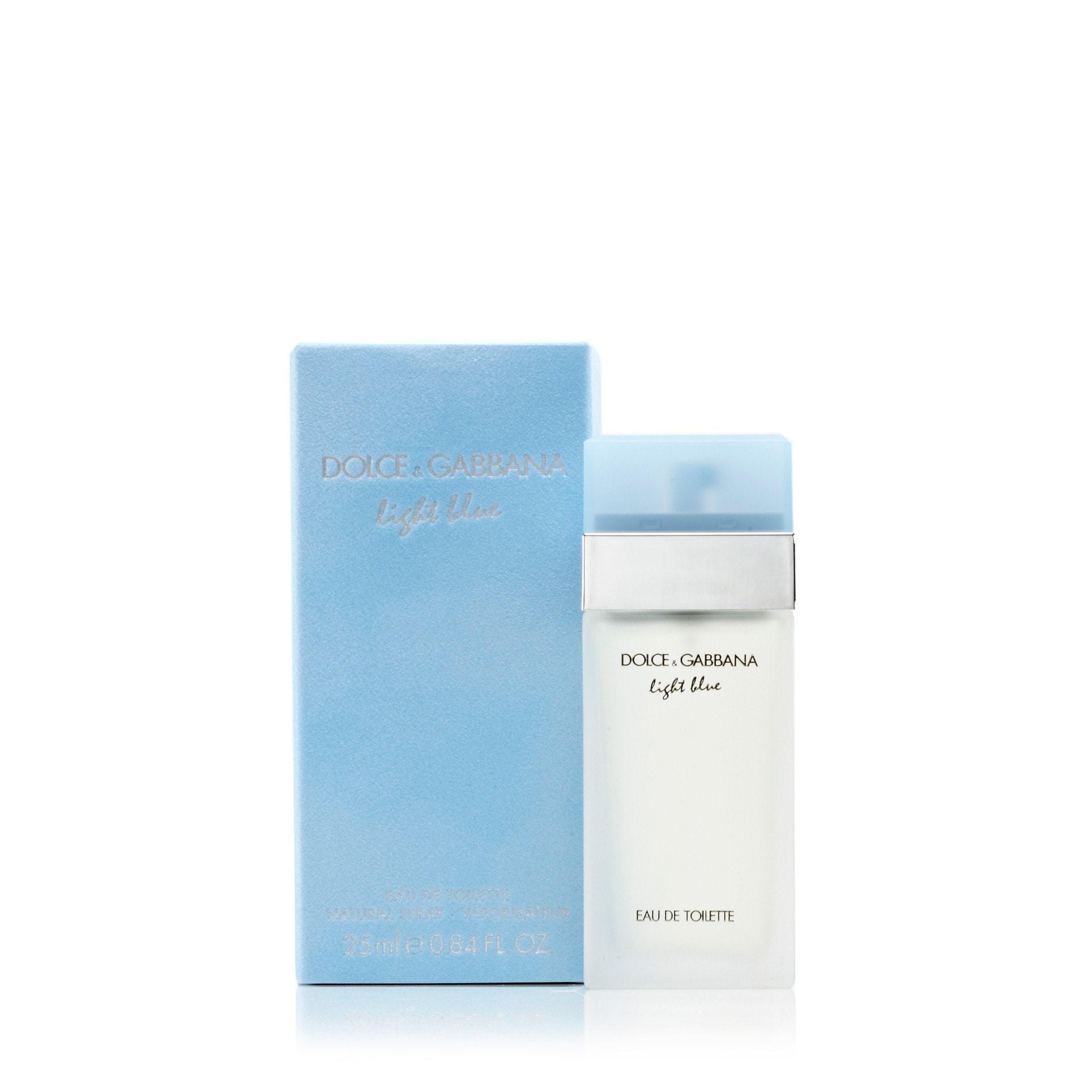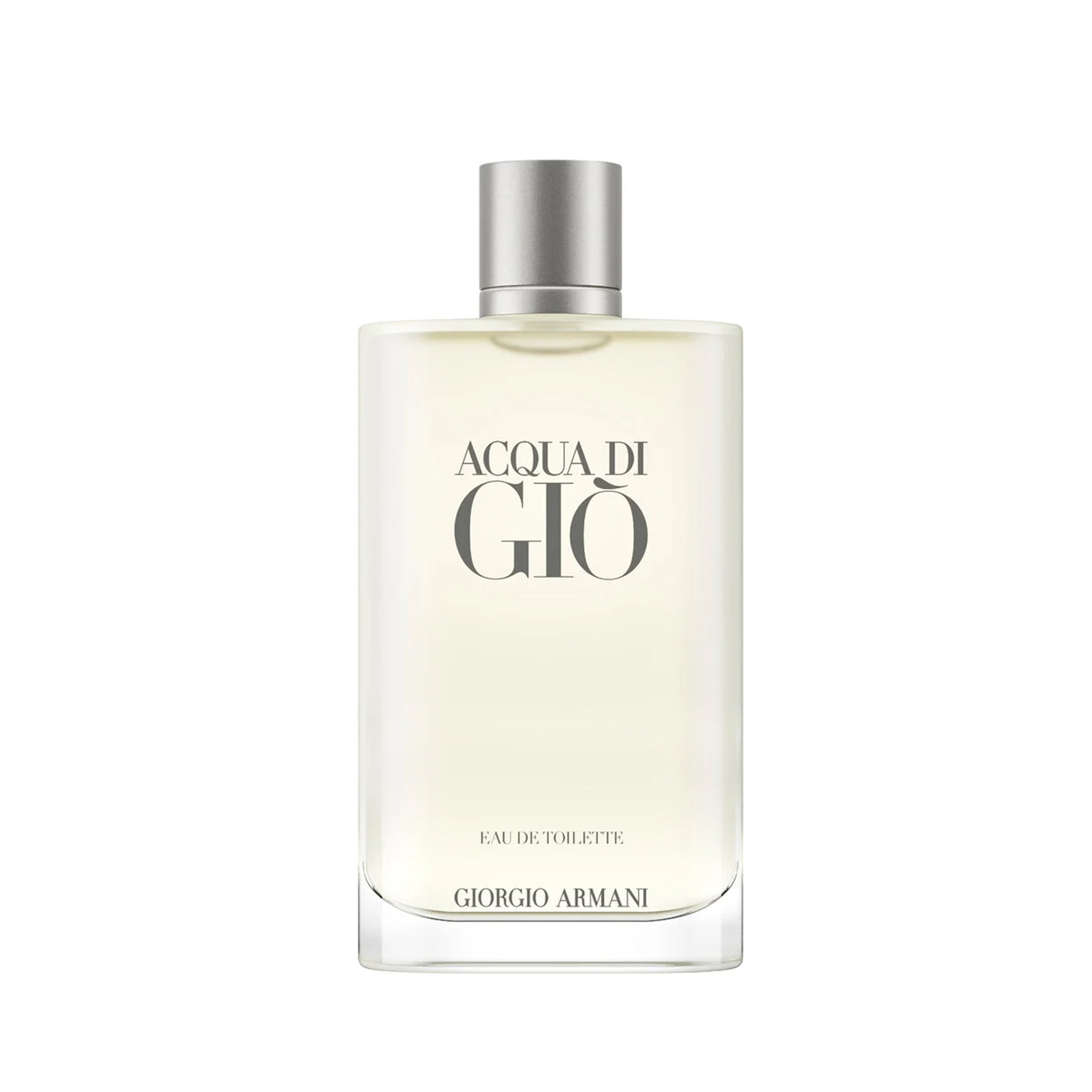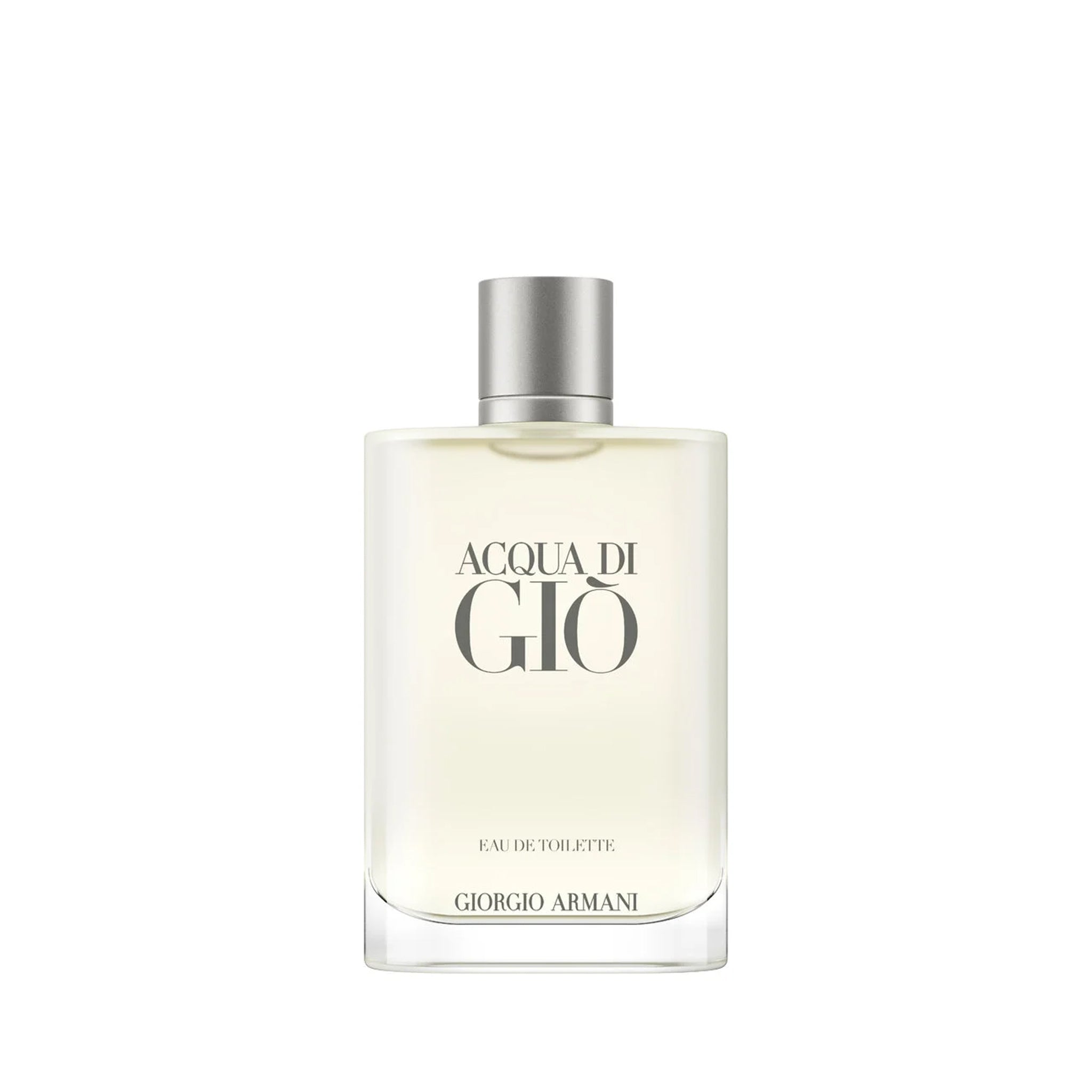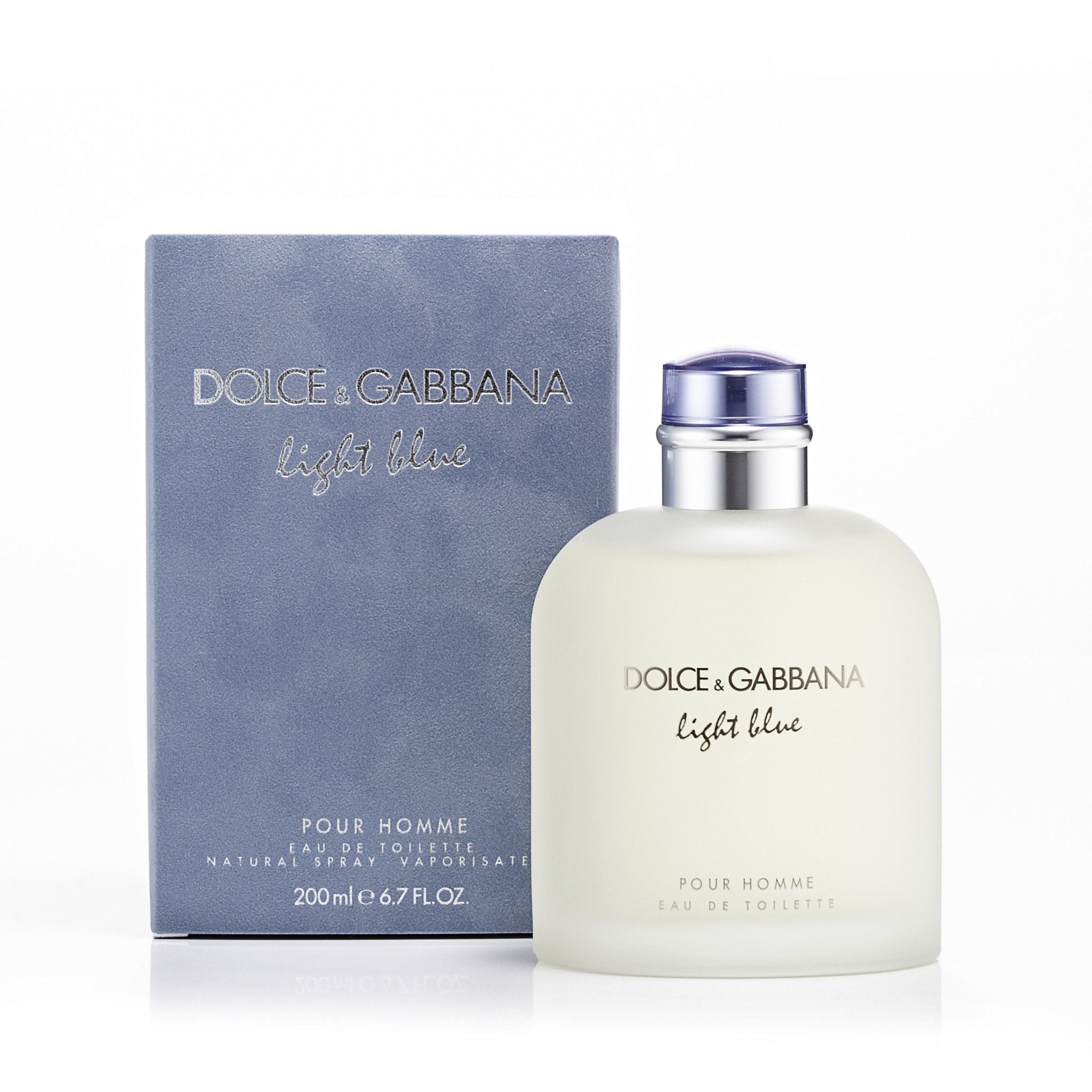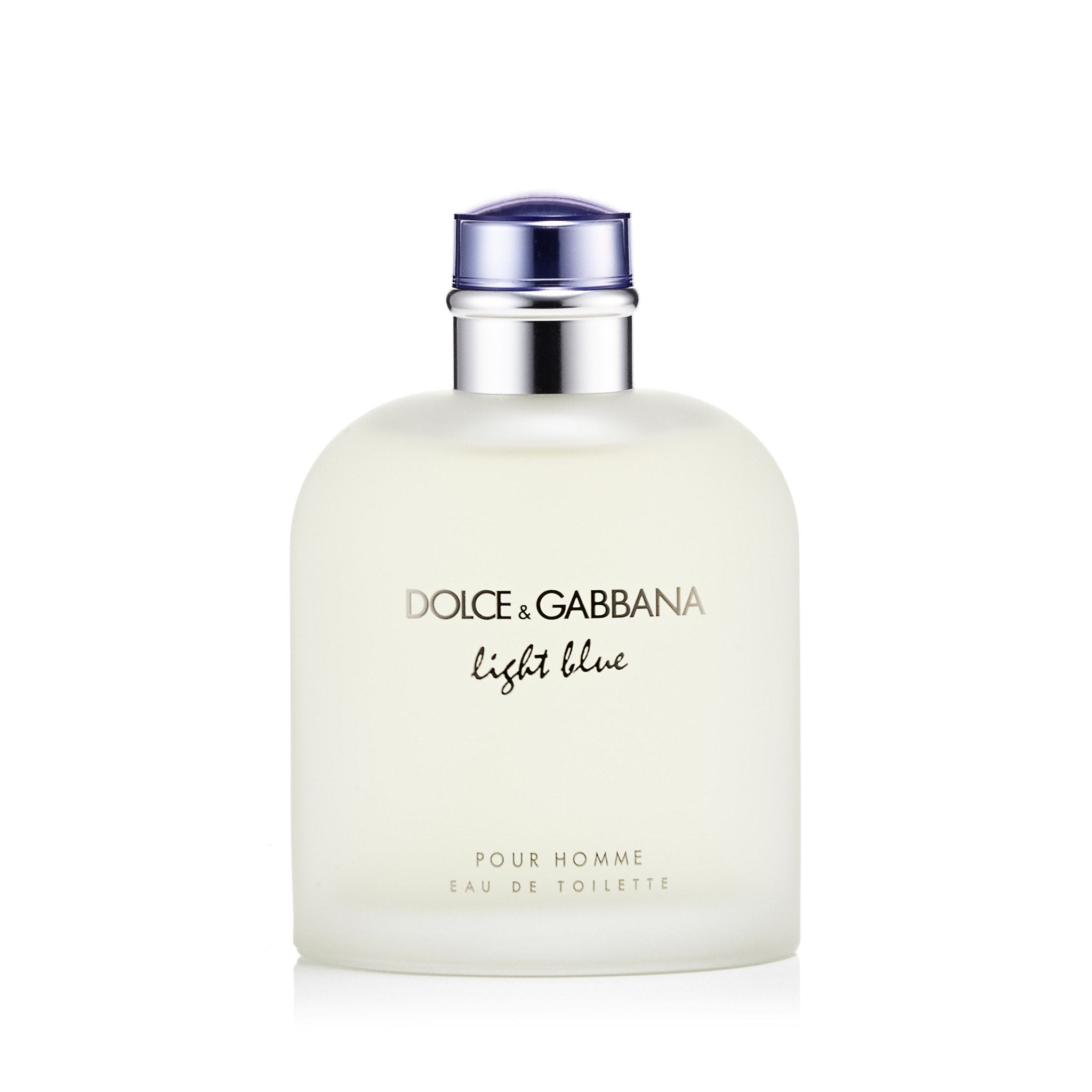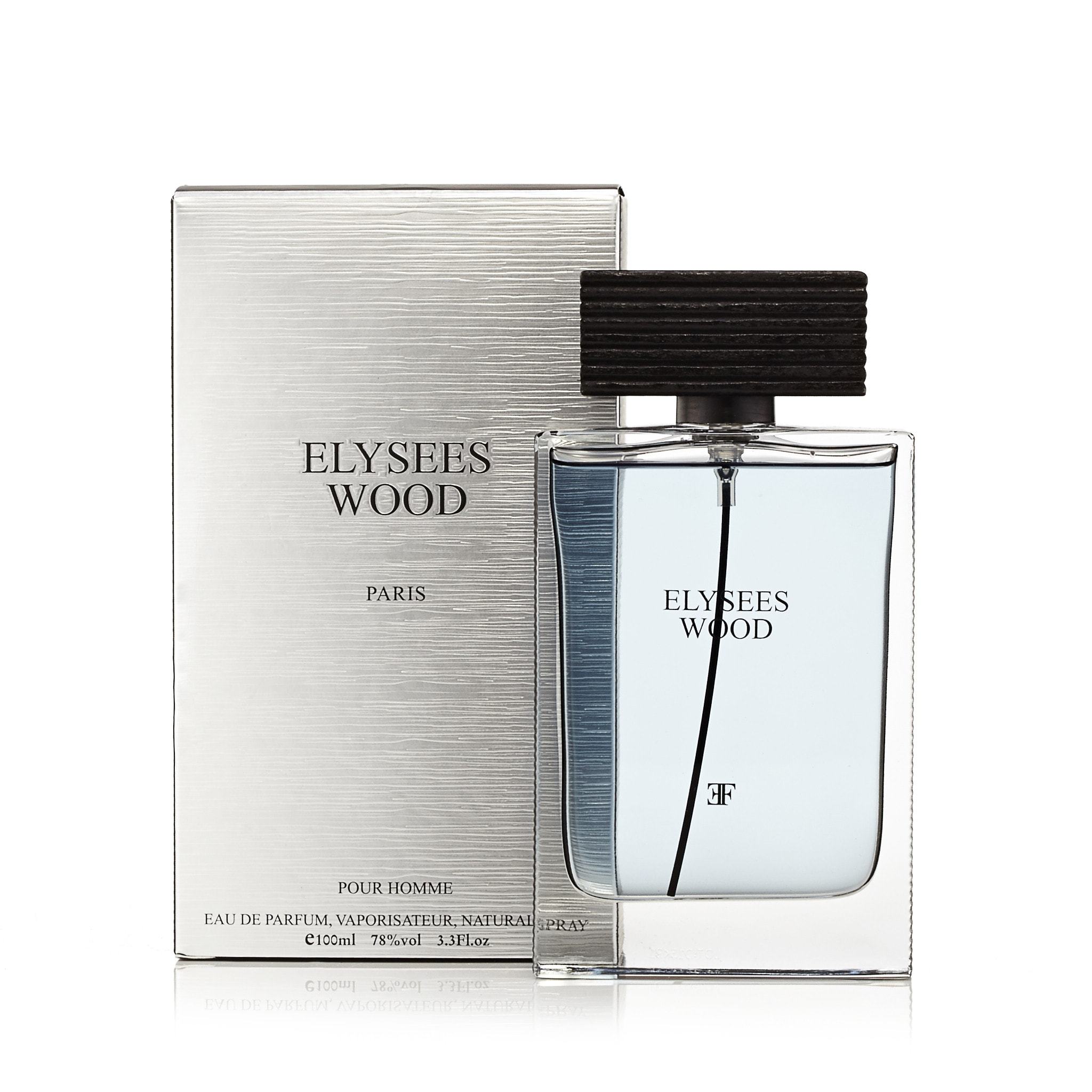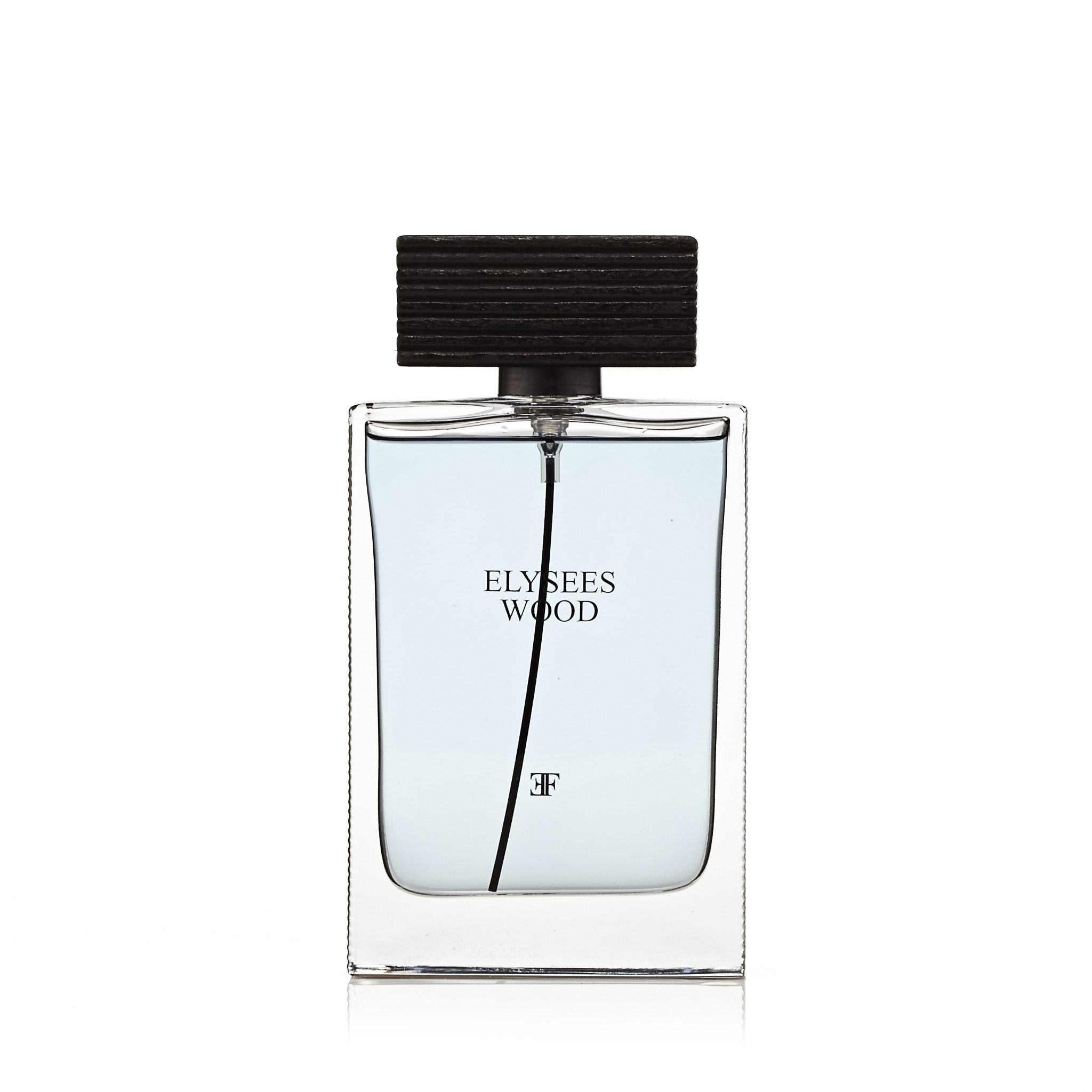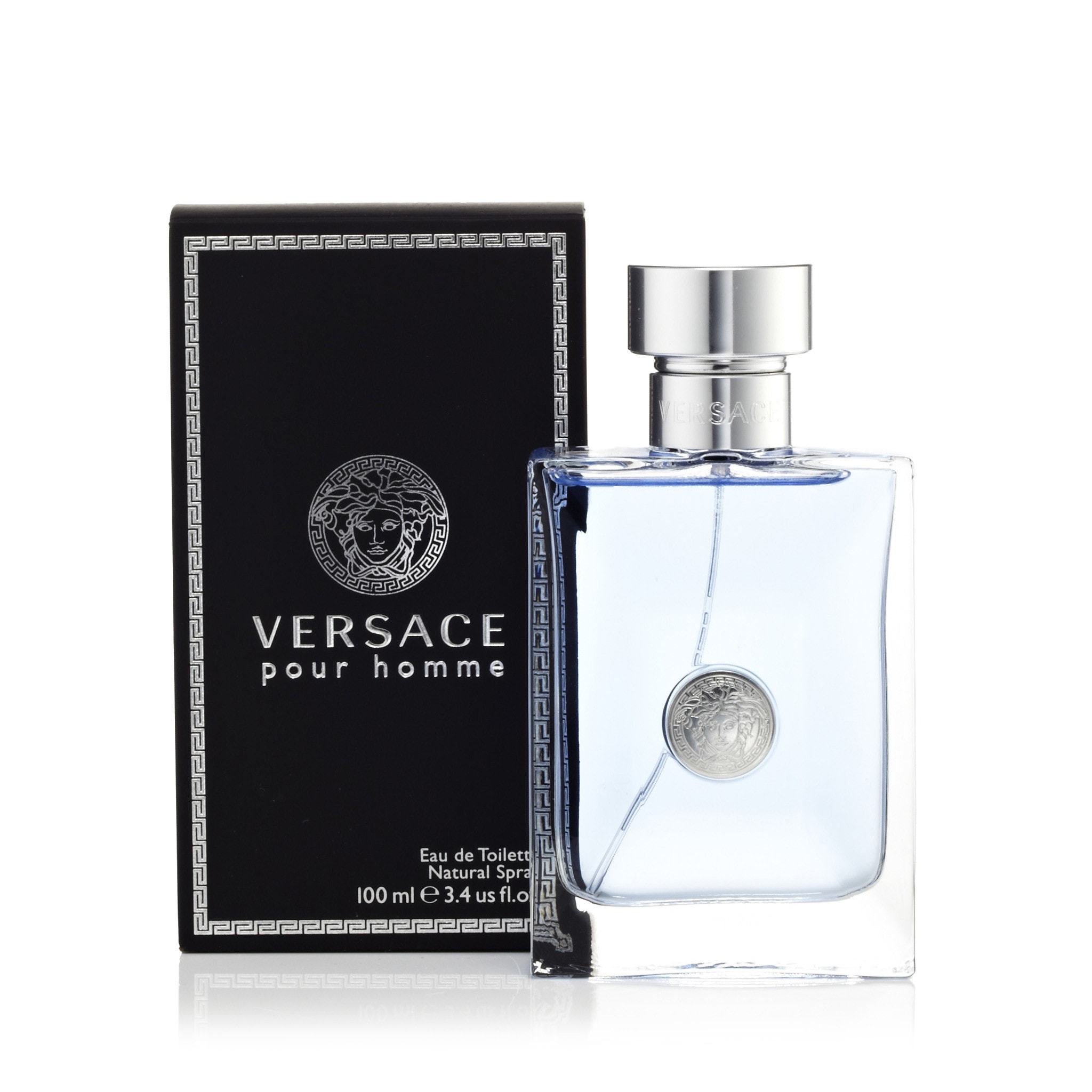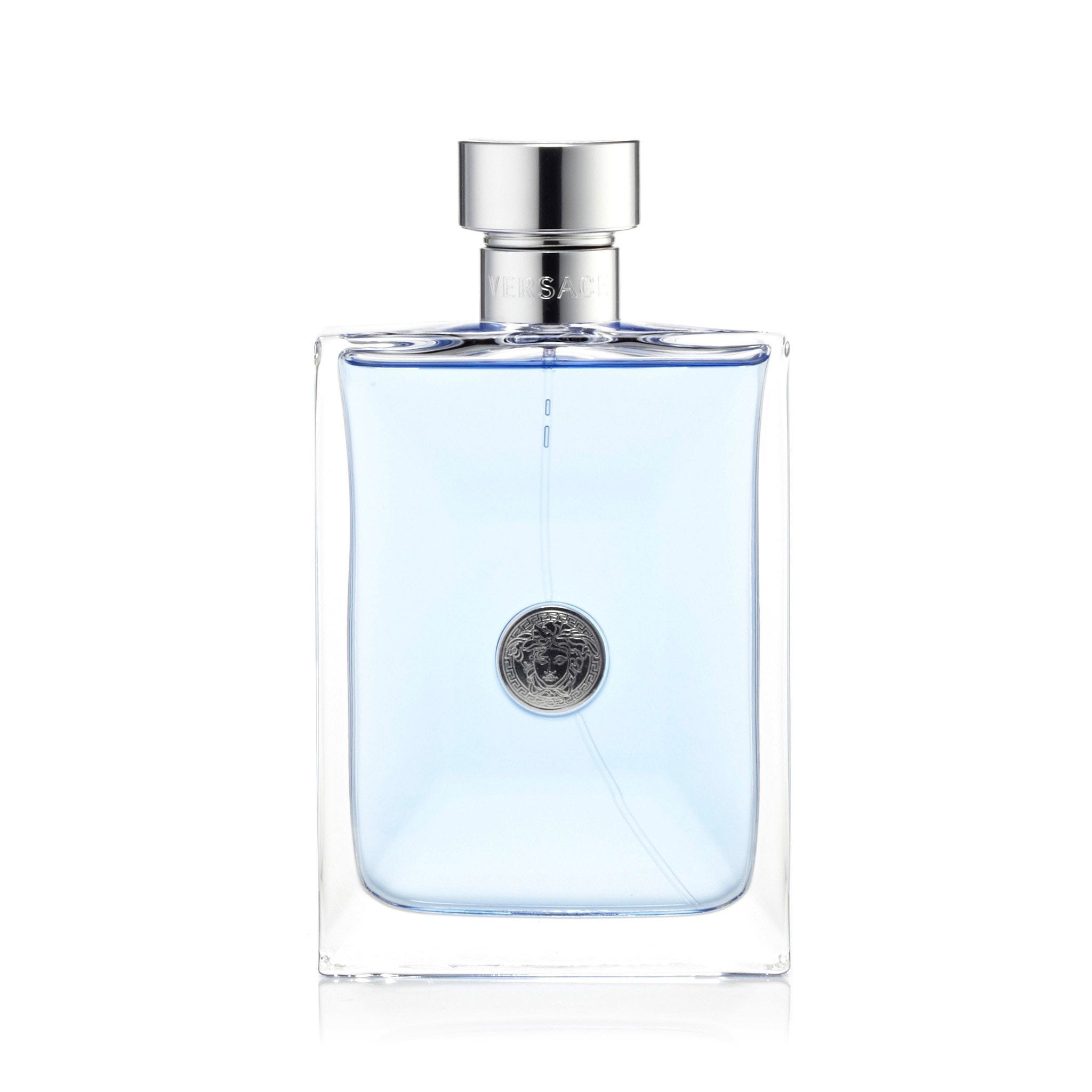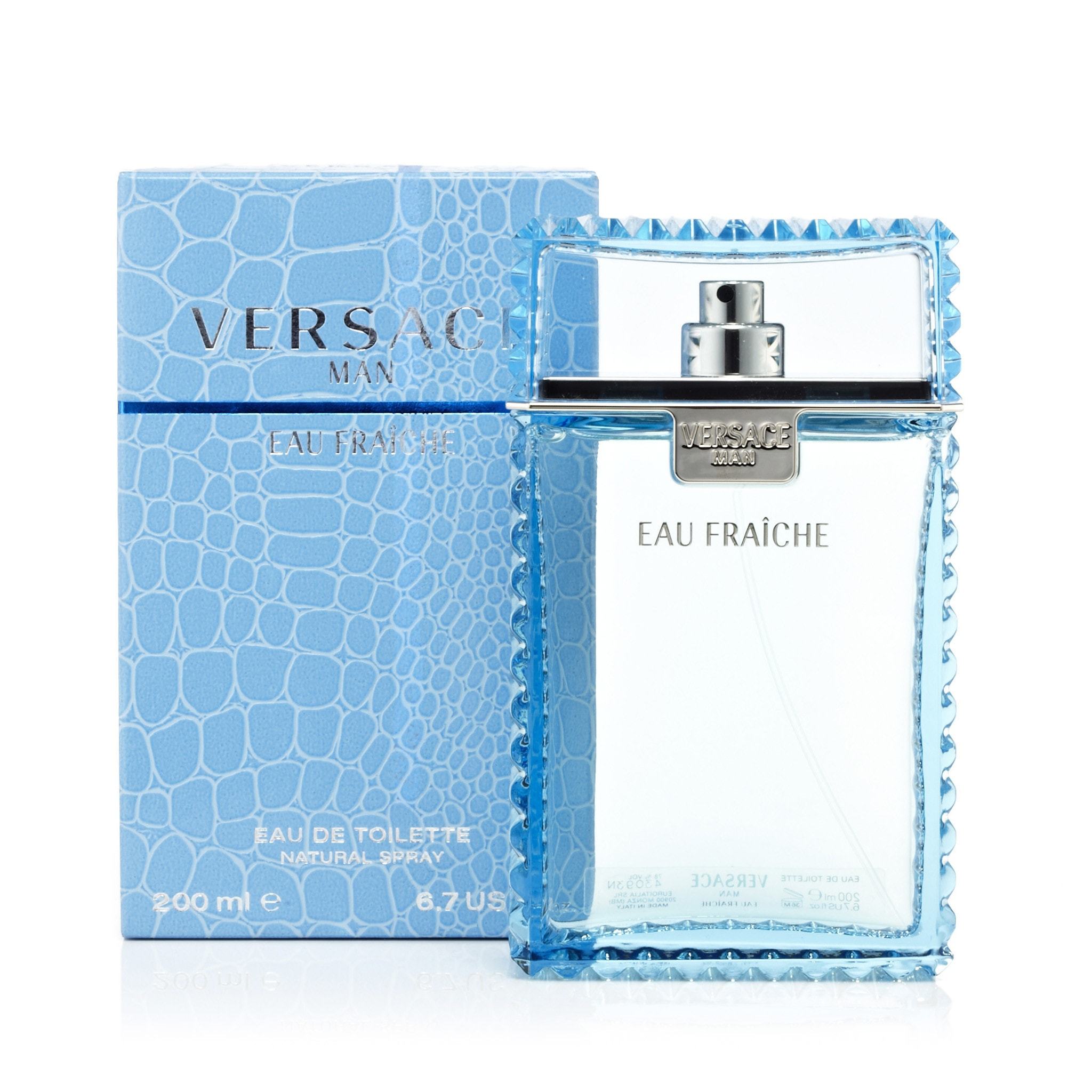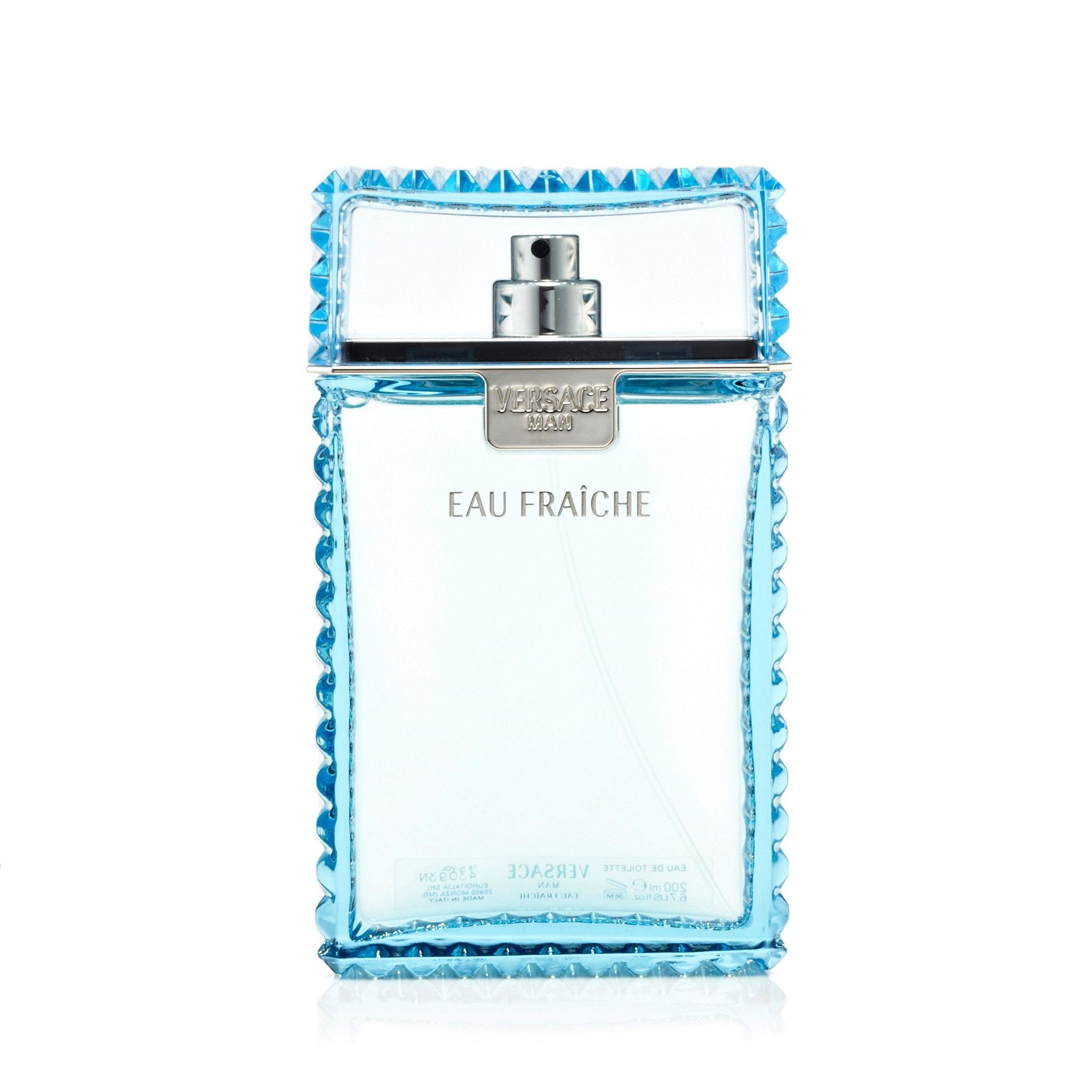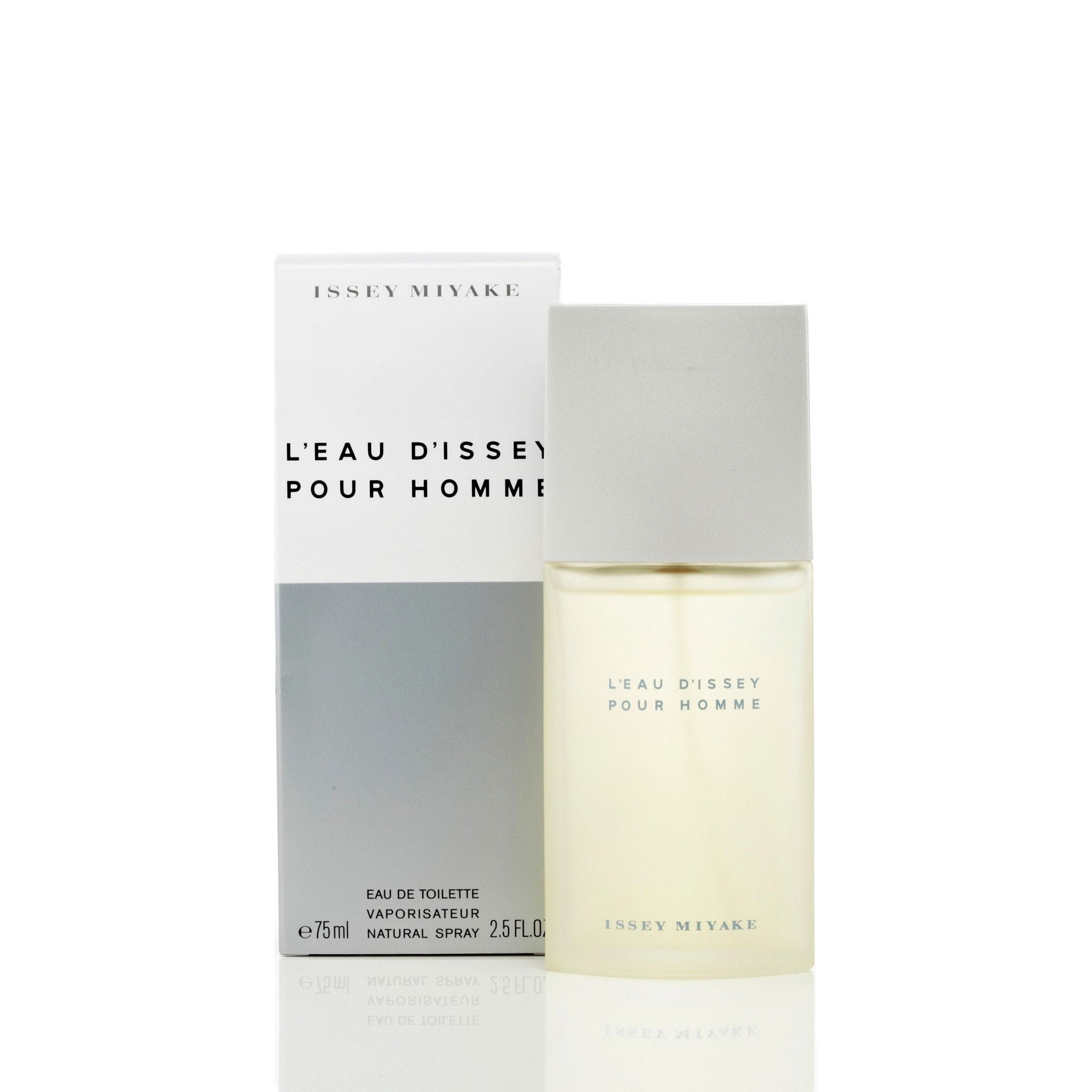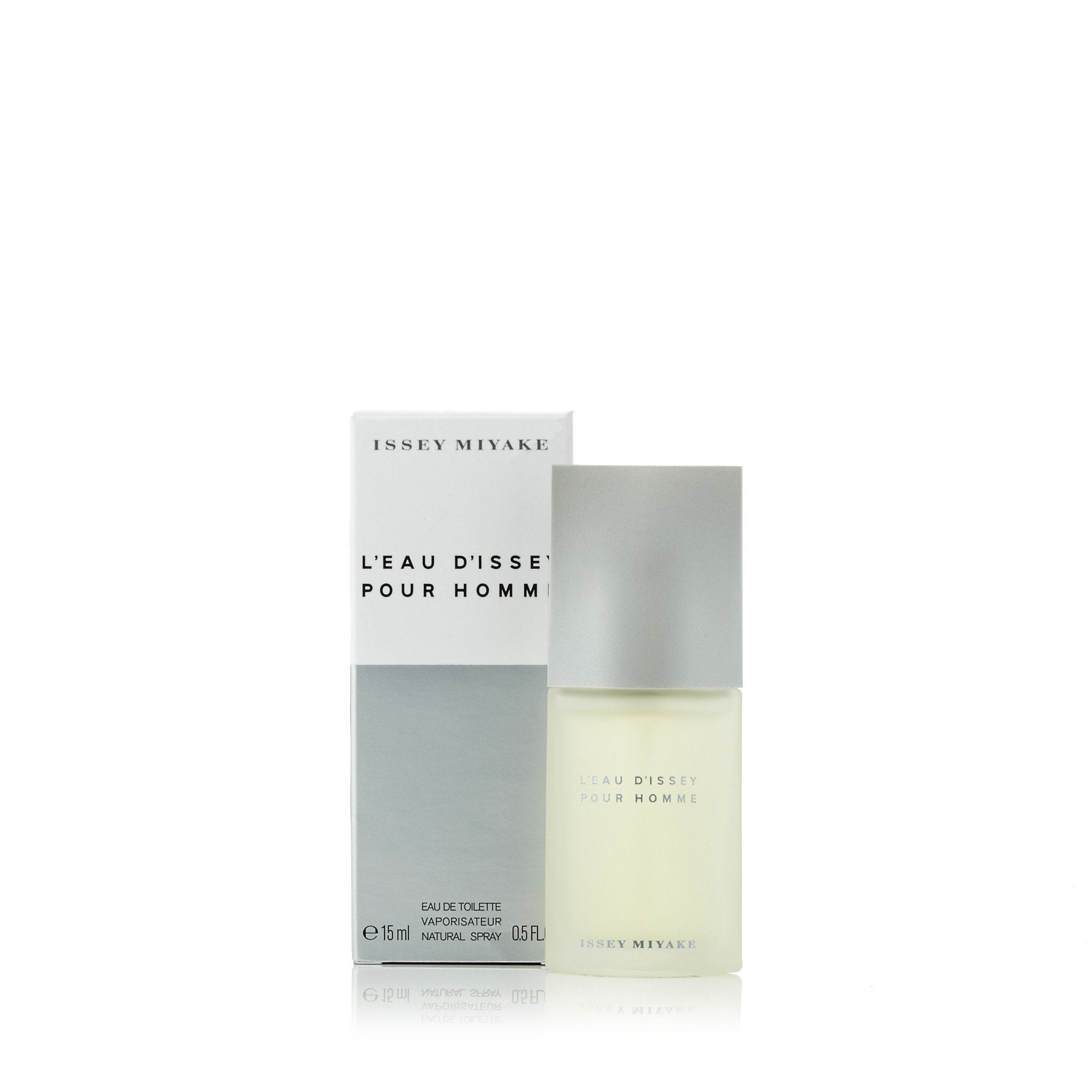Fragrance Allergies: A Common Concern
Fragrance allergies pose a common and significant concern, manifesting in symptoms ranging from mild skin irritation to severe respiratory reactions. These allergies can significantly impact one's overall quality of life and impose limitations on using scented products. However, by deepening our understanding of the allergens responsible and recognizing the potential risks they carry, individuals can make informed choices to safeguard their well-being and mitigate the likelihood of reactions to perfume allergy.
Perfumes often contain a mixture of natural and synthetic ingredients, some known to be allergenic. Common allergenic ingredients include essential oils, such as lavender, citrus oils, and eucalyptus, as well as synthetic compounds like musk, coumarin, and certain aldehydes.


